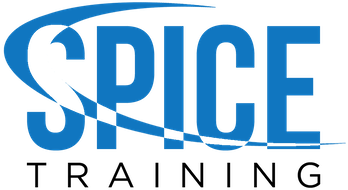“RIIHAN203E Conduct lifting operations” is a competency-based training course designed to provide individuals with the skills and knowledge required to safely and effectively conduct lifting operations in various industrial and commercial environments. Lifting operations involve the use of lifting equipment such as cranes, hoists, and forklifts to move and position loads.
Key components of the course typically include:
- Safety Procedures: Participants learn about safety regulations, hazard identification, risk assessment, and the use of personal protective equipment (PPE) to ensure the safety of themselves and others during lifting operations.
- Equipment Familiarization: The course covers different types of lifting equipment, including cranes, hoists, slings, and shackles, as well as their components, controls, and operational features.
- Rigging and Slinging Techniques: Participants learn how to properly select, inspect, and rig lifting equipment and accessories such as slings, chains, and hooks, to ensure load stability and prevent accidents or damage to equipment and personnel.
- Load Handling: The course teaches participants how to safely lift, move, position, and lower loads using lifting equipment, while maintaining load stability and avoiding hazards such as overloading, swinging, or uncontrolled movements.
- Communication and Coordination: Participants learn how to effectively communicate with team members, crane operators, and other personnel involved in lifting operations, using hand signals, radios, or other communication devices to ensure safe and efficient coordination of tasks.
Upon successful completion of the course and assessment, participants will have the skills and knowledge necessary to safely and efficiently conduct lifting operations, contributing to the productivity and safety of operations in their respective workplaces.
